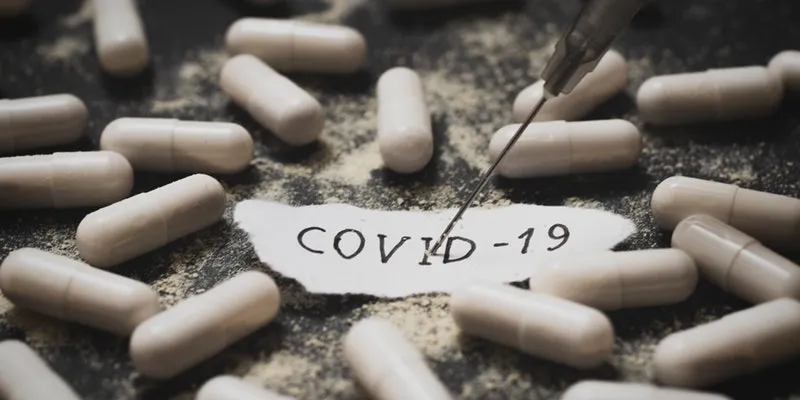Aurobindo Pharma inks pact with COVAXX to develop COVID-19 vaccine
Aurobindo Pharma has entered an exclusive licence agreement to develop, commercialise and manufacture UB-612 for India and the UNICEF.
Aurobindo Pharma on Thursday said it has inked a licensing pact with US-based company COVAXX to develop and commercialise a vaccine for COVID-19.
The company has entered an exclusive licence agreement to develop, commercialise and manufacture UB-612 — the first multitope peptide-based vaccine to fight COVID-19 — for India and UNICEF, Aurobindo Pharma said in a regulatory filing.
COVAXX is currently conducting a Phase 1 clinical trial for the vaccine candidate.
"This vaccine has immense potential in eliminating shedding, and hence containing, the spread of the pandemic," Aurobindo Pharma Managing Director N Govindarajan said.
As per the agreement, the Hyderabad-based firm has obtained the exclusive rights to develop, manufacture and sell COVAXX's UB-612 vaccine in India and to the UNICEF, as well as non-exclusive rights in other select emerging and developing markets.
Aurobindo Pharma and COVAXX are partnering on clinical development, manufacturing and marketing of US firm's vaccine candidate, UB-612. It will manufacture the finished doses at its facilities in Hyderabad.

The drug major has the capacity of manufacturing 220 million doses in multi-dose presentation and is building additional facilities to have a total capacity of nearly 480 million doses by June 2021.
"During this global health crisis response, we must establish partners with the strongest capabilities, like Aurobindo, to prioritise the development and the delivery of our vaccine," COVAXX co-founder and CEO Mei Mei Hu said.
As one of the leading industry players with a strong track record of execution and investment in vaccines, Aurobindo is the ideal partner to advance UB-612 in India and other emerging nations and to support COVAXX's mission of democratising health worldwide, he added.
In another development, Covaxin, a COVID-19 vaccine being developed by Bharat Biotech, showed long-term antibody and T- cell (immune) memory responses three months after the shot in Phase 1 volunteers and tolerable safety outcomes in Phase 2 study, the company has said, suggesting the antibodies may persist for six to 12 months.
(Disclaimer: Additional background information has been added to this PTI copy for context)
Edited by Saheli Sen Gupta








